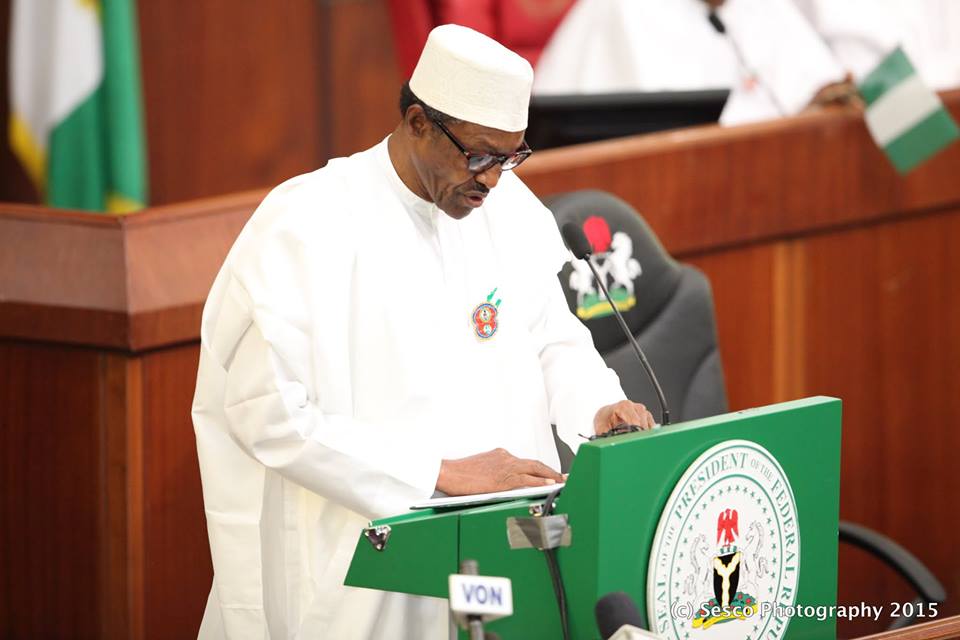Wang Jianlin, China’s richest man, savoured his latest entertainment triumph this week with the announcement of a $3.5 billion deal to take over a Hollywood blockbuster movie studio, aimed to rival Google.
Acquiring Legendary Entertainment moves Wang Jianlin and his conglomerate, the Dalian Wanda Group, a step closer to the ultimate goal: a movie empire supporting a globally recognized, household name to rival Google, Apple or Microsoft.
Under President Xi Jinping, China is broadening its use of so-called soft power, through skyscrapers, soccer and movies; Wang, a former People’s Liberation Army officer, is on the front line.
“It’s entirely possible in the future that we’ll hold an even bigger ceremony to announce we bought an even bigger entertainment group,” Wang said.
Advertisement
Wang’s rise to prominence has required a mix of political and commercial savvy.
The son of a Long March veteran, he started his business life in the northeastern city of Dalian, where his company grew to become the country’s largest property developer.
Wanda group is also the world’s biggest commercial properties developer, with a Hong Kong listed company that controls 125 commercial shopping malls, along with 81 hotels.
Advertisement
The group reported total revenue increase by 19 percent in 2015 to $44 billion.
Over the last two years, Beijing has pledged tens of billions of dollars to boost its image abroad, funding a slew of international development, trade and investment initiatives, and making a $50 billion commitment to fund the newly-established Asian Infrastructure Investment Bank.
Wanda, the world’s biggest motion picture theatre company, has captured hearts through film production and distribution.
It has 6,600 cinema screens on three continents, including more than 2,200 in China.
Advertisement
In 2012, Wang spent $2.6 billion to buy AMC Entertainment Holdings in the United States, and last year bought Australian cinema operator Hoyts Group.
Dalian Wanda’s acquisition of Legendary Pictures is “certainly symbolic”, said Chen Shaofeng, Vice Dean of Peking University’s Institute for Cultural Industries.
Add a comment







